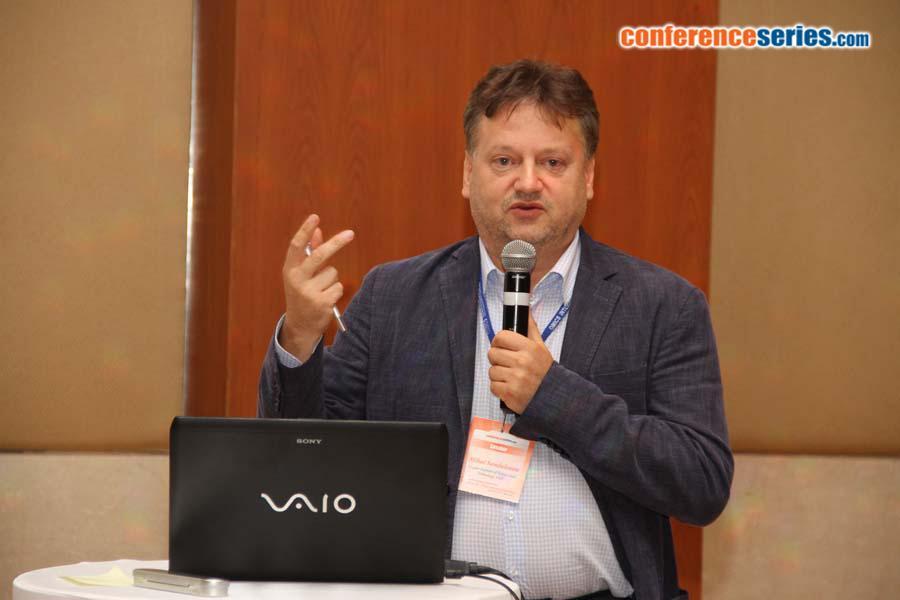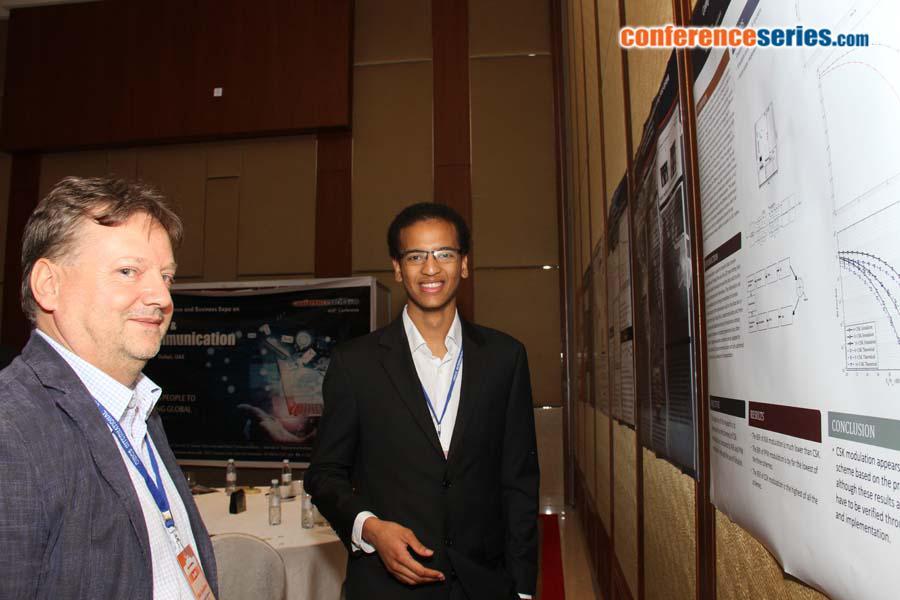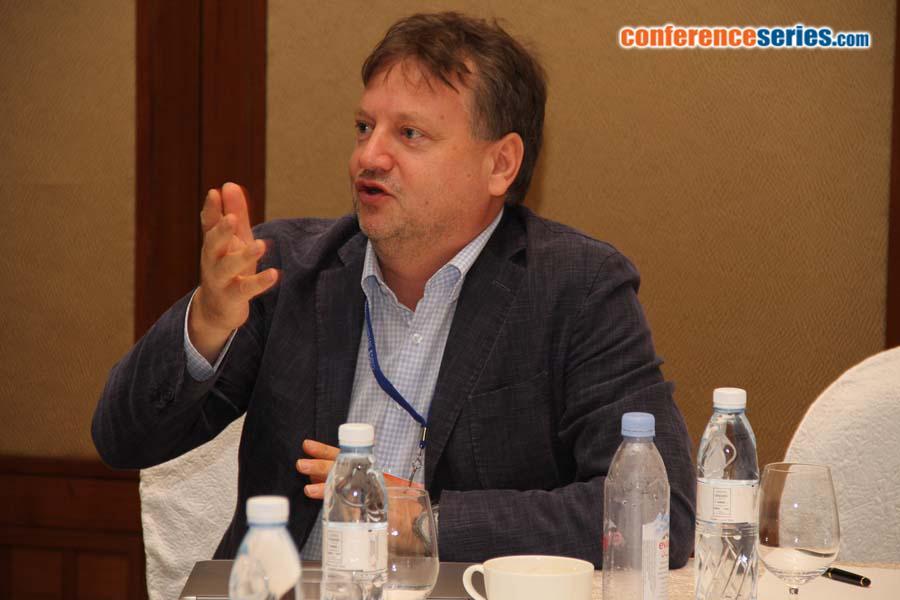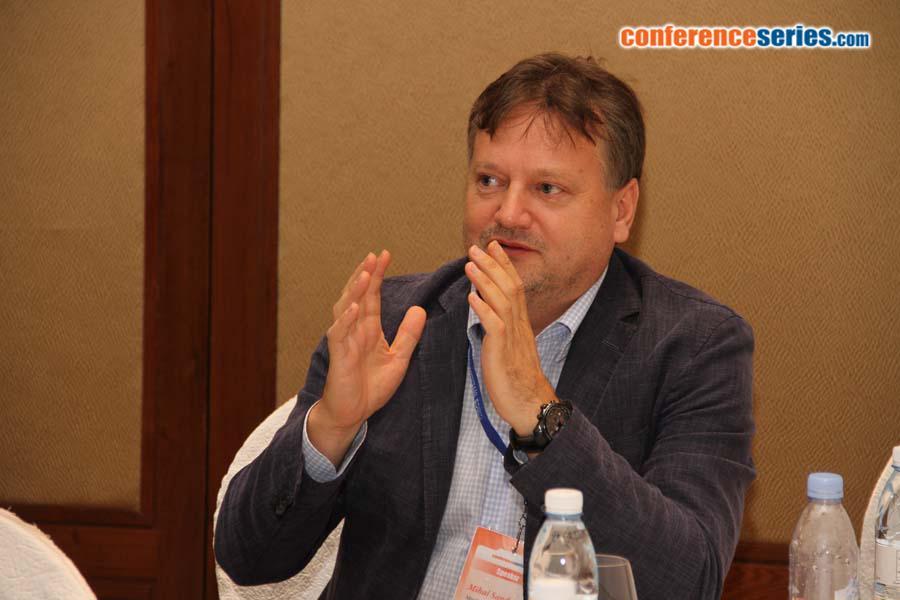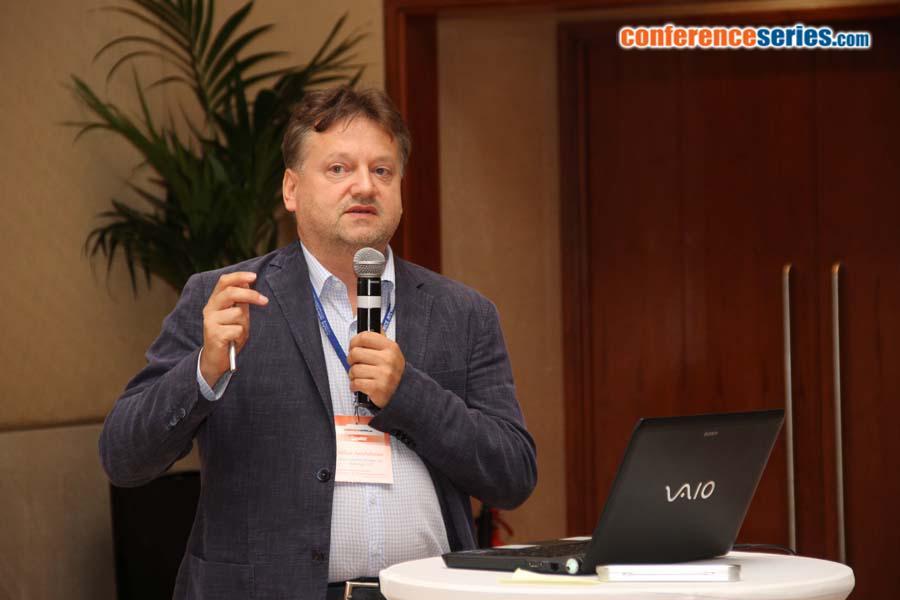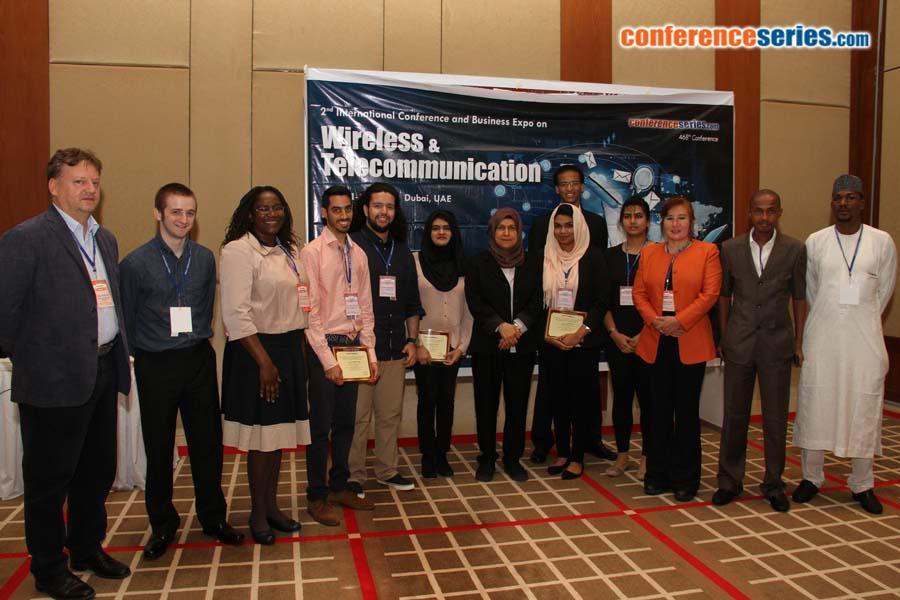
Mihai Sanduleanu
Masdar Institute of Science and Technology, UAE
Title: Ultra Low Power Wireless Transceivers for IoT
Biography
Biography: Mihai Sanduleanu
Abstract
The advent of the Internet of Things (IoT) demands the availability of cheap, low power, miniature radios. The radio should be integrated on a single chip, together with embedded processors, and integrated in the same package with different sensors. The basic idea of IoT is the pervasive presence around us of a variety of objects dubbed “things” –such as RFID tags, sensors, actuators, mobile phones, etc. – which, through unique addressing schemes, are able to interact with each other and cooperate with their neighbors to reach common goals. The requirement on the sensor nodes to be autonomous translates to minimal maintenance cost and longer battery life, and hence mandates low-power operation across all layers of the communication system hierarchy. For IoT, the radio is one of the bottlenecks in terms of power consumption, and is operated in duty-cycled fashion to sustain several years of autonomous operation. The existing wireless standards in the low GHz frequency range, cannot cater to the needs of IoT Transceivers. Transceivers operating in these crowded bands, need absolute frequency accuracy and external components such as crystals and/or resonators. In addition, the antenna size is too big to be integrated in a small package with the sensors. Therefore, a paradigm shift is needed, in the quest for Ultra-Low power Transceivers with a minimalist design approach, without compromising robustness and providing a viable solution for IoT Transceivers. This talk will address few examples of mm-Wave Transceivers, for IoT, developed at Masdar Institute of Science and Technology, with small footprint and extreme low energy-per-bit.

